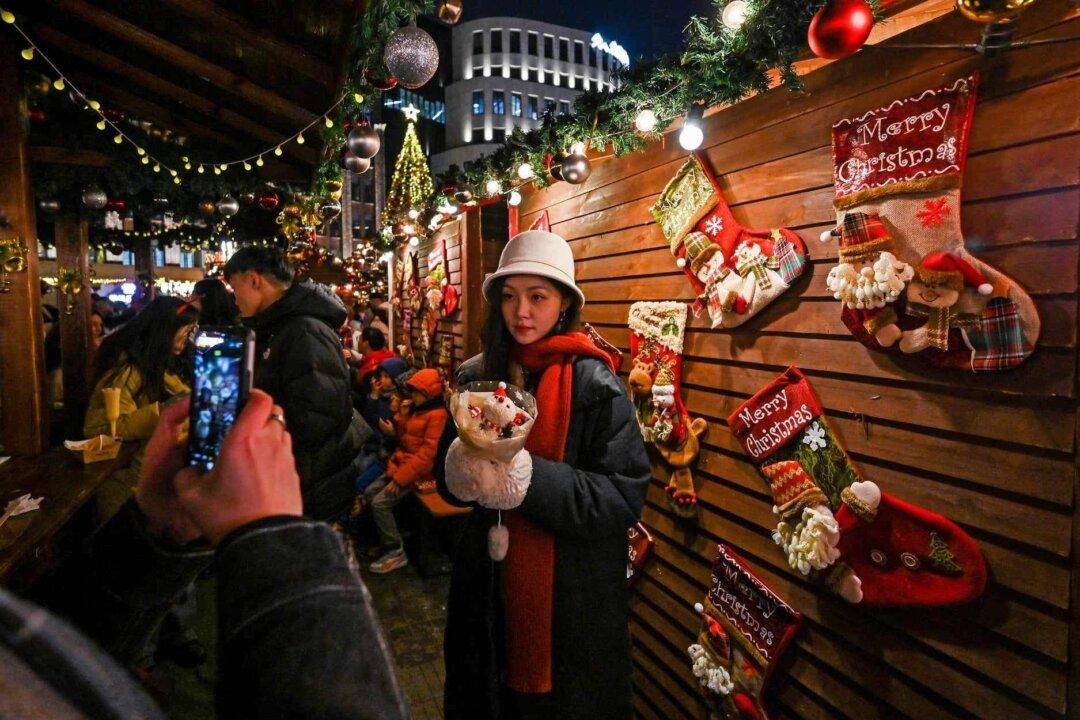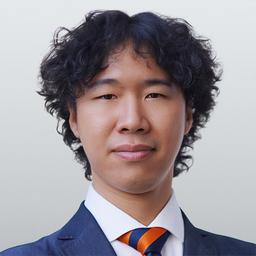In China, Christmas celebrations have coincided with the anniversary of former Chinese Communist Party (CCP) leader Mao Zedong. Previously, Chinese leader Xi Jinping has viewed Christmas as a Western holiday with religious overtones, which conflicts with the atheist ideology of communism.
In the past, Mr. Xi declared that he wanted to protect “Chinese culture” over Western festivals, and many local governments in China have canceled Christmas celebrations as a result. Some universities in China even restricted students from leaving their dormitories on Christmas Eve and ordered them not to have “Christmas-related items” in their dormitories. Some cities deployed large numbers of police officers on the streets and imposed strict controls near churches. Local officials also banned vendors from selling Christmas cards and other items.






